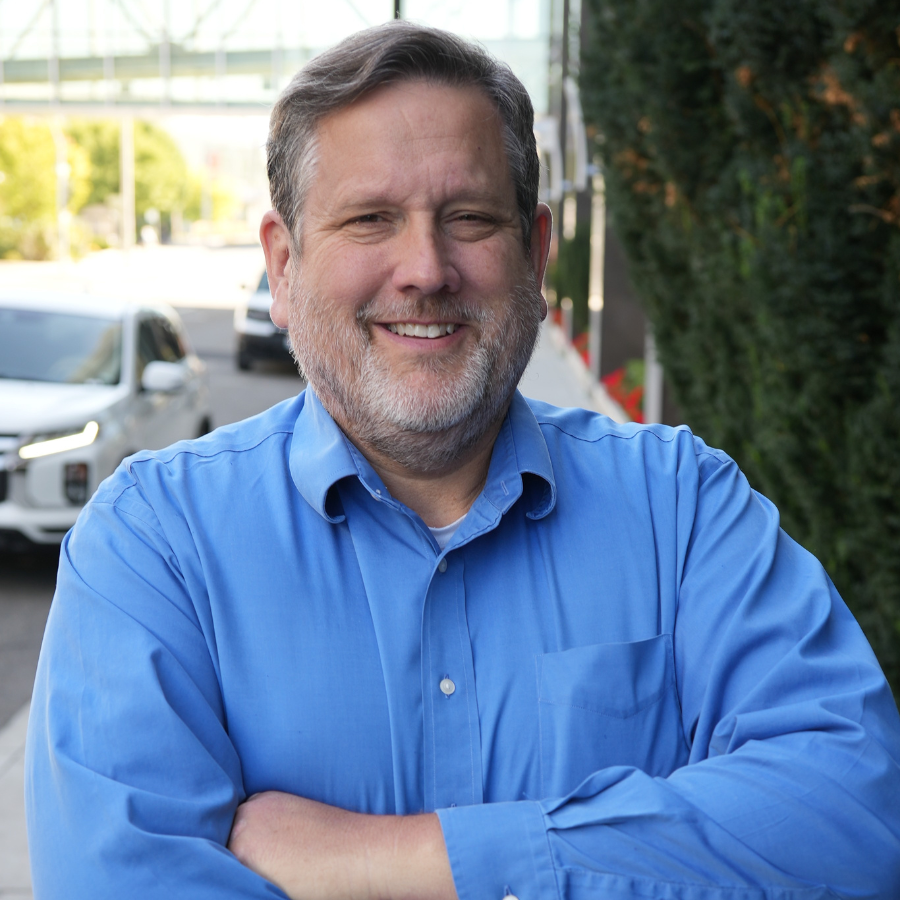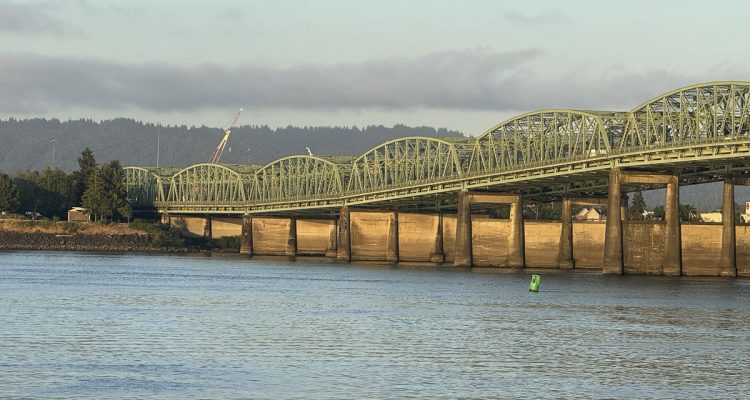SEATTLE—State and regional traffic plans for the Puget Sound region have virtually no potential to reduce regional traffic congestion, concludes a newly released study by the Coles Center for Transportation at Washington Policy Center (WPC). Toward a More Accessible and Productive Transportation in the Puget Sound, conducted by nationally renowned analyst Wendell Cox, Principal, Demographia (Wendell Cox Consultancy), examined area population, employment densities, and transit and traffic patterns and determined that transit has little potential to serve employment destinations outside of downtown Seattle. This means less economic opportunity for Puget Sound workers.
“Fewer than 15 percent of the jobs in the Puget Sound are in downtown Seattle, yet downtown accounts for about 60 percent of the transit work trip destinations,” said Cox. “The only way to serve the overwhelming majority of jobs outside downtown is by car. To continue down the current path is to diminish job prospects and mobility for area workers.”
Employment centers outside the core of downtown Seattle exhibit transit commuting characteristics of suburban areas. According to the study, this means expanding transportation choices through transit will not result in any meaningful reduction in vehicle miles traveled. In the Seattle metropolitan area (King, Pierce, Snohomish and Kitsap counties), the average worker can reach 19 times (1,900 percent) as many jobs by auto as by transit. Even commuting to downtown Seattle, where transit access is by far the best in the Puget Sound area, more than three times as many workers are within a 30 minute commute by car as by transit.
“For decades, citizens have been told we can’t build our way out of traffic congestion, but the implication has been we can build our way out with transit options,” said Mariya Frost, director of the Coles Center for Transportation at WPC. “This study shows that’s not true. If we want to prioritize moving people and economic opportunity, we need to build road capacity. It’s as simple as that. And that’s not an anti-transit message, it’s a pro doing-what-works message.”
Wendell Cox is available for media interviews.
Read the full report on WashingtonPolicy.org here.





